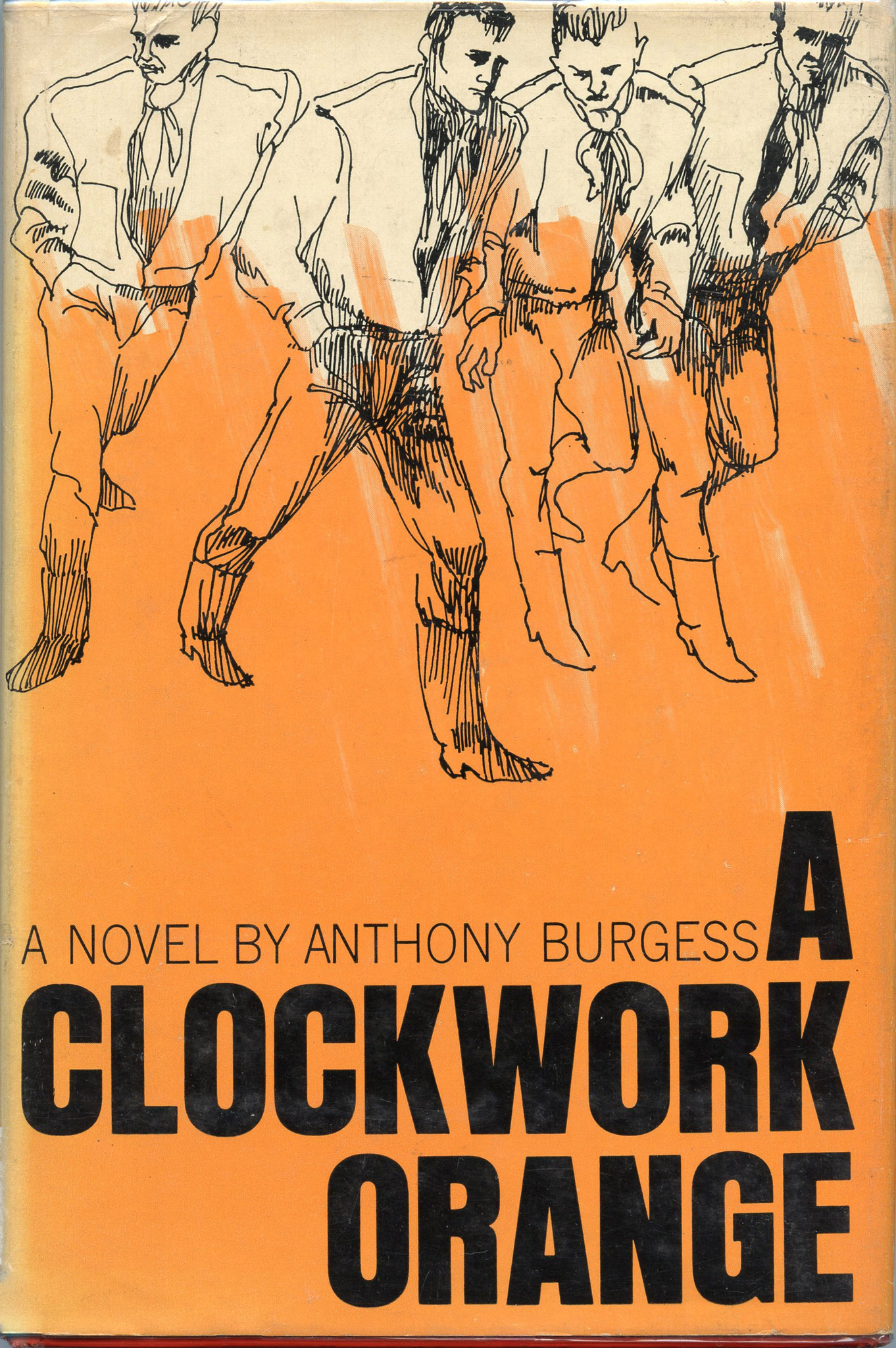[if you’re new to the Journey, read this to see what we’re all about!]

by Victoria Silverwolf
Science fiction is a marketing category. Readers who enjoy this genre look for familiar names and for covers featuring rockets and robots. Our esteemed host has done an excellent job reviewing nearly all the books published as science fiction this year. But what about those which contain speculative content, but which are not marketed that way?
As the year draws to an end, let's take a look at some of this camouflaged science fiction:


Two new collections of translated stories by Argentinian writer Jorge Luis Borges, Ficiones and Labyrinths, contain many tales which will appeal to SF fans. In Tlön, Uqbar, Orbis Tertius, for example, the author describes an alien world. An entire universe, consisting of every possible book, is the setting for The Library of Babel. These and other elegantly written stories appeal more to the intellect than the heart.


Prolific British author Anthony Burgess offered two very different visions of dystopian futures this year. A Clockwork Orange is narrated in futuristic slang by a teenage criminal.
There was me, that is Alex, and my three droogs, that is Pete, Georgie, and Dim, Dim being really dim, and we sat in the Korova Milkbar making up our rassoodocks what to do with the evening . . .
Disorienting at first, this Russian-influenced language of tomorrow becomes clear through context, and is brilliantly used by Burgess to take us into a frightening world of random violence and government mind control.
Overpopulation leads to repression of heterosexuality, pregnancy becoming a crime, war used as a form of population control, and cannibalism in The Wanting Seed. The language of this novel is not as difficult as A Clockwork Orange, but it deals with many important themes which require careful reading.

Russian-born writer Vladimir Nabakov, best known for his controversial novel Lolita (toned down somewhat in this year's film adaptation), creates a very unusual structure in his new book, Pale Fire. It consists of a poem of 999 lines by an imaginary poet, followed by footnotes written by an equally fictional critic. Read together, the poem and footnotes come together to form a plot of impersonation, exile, and murder. What makes this a work of science fiction is the fact that it takes place in a world different from our own. The story deals with the deposed king of the European nation of Zembla. It takes place in an alternate version of the USA, which contains the states of Appalachia and Utana.

Although all of these books were published as literary fiction, science fiction fans should not dismiss them, in Hamlet's words, as "caviar to the general." They are all well worth reading, and produce the special sense of wonder that comes from our favorite genre.

